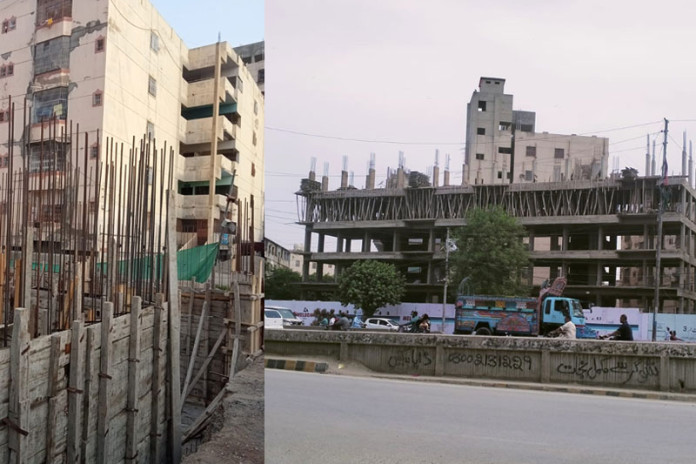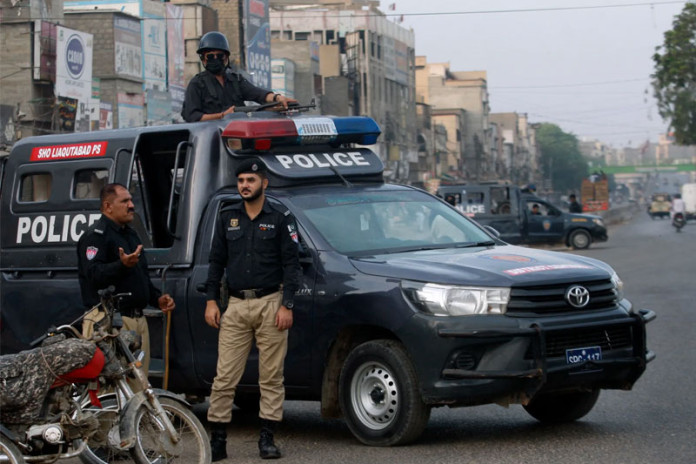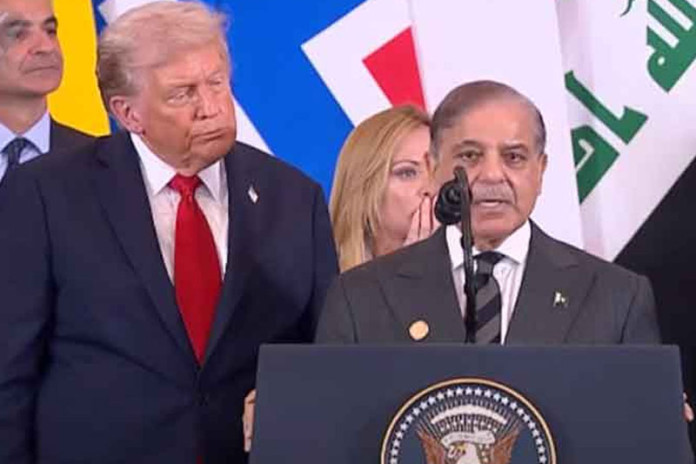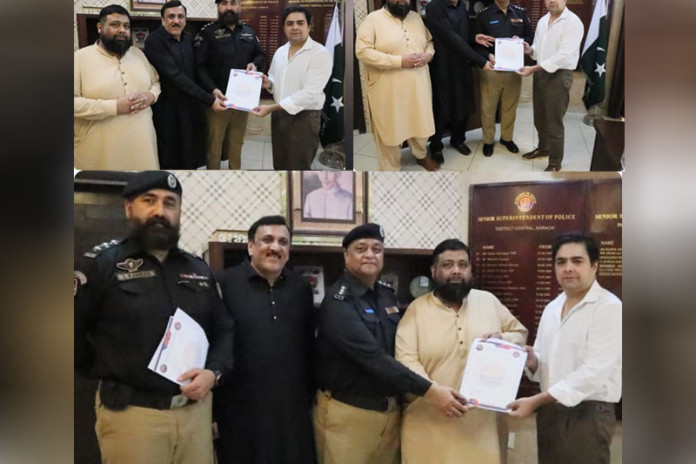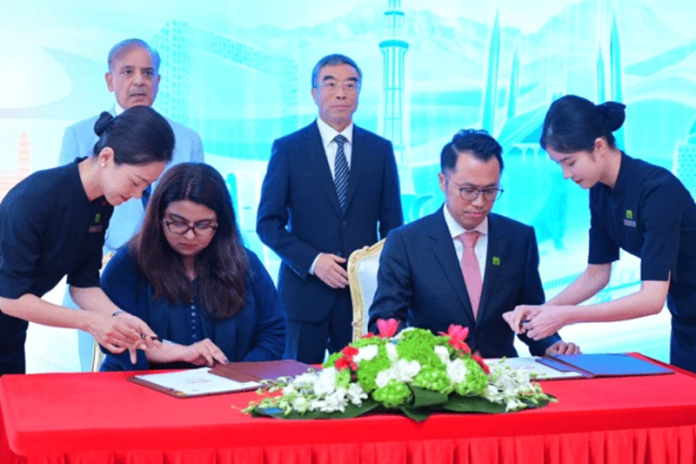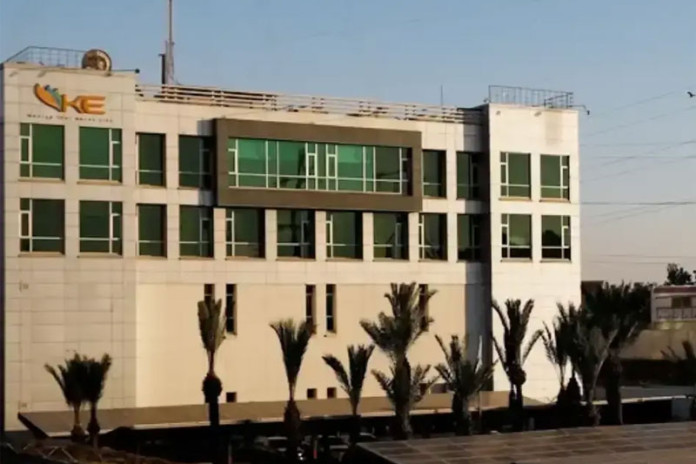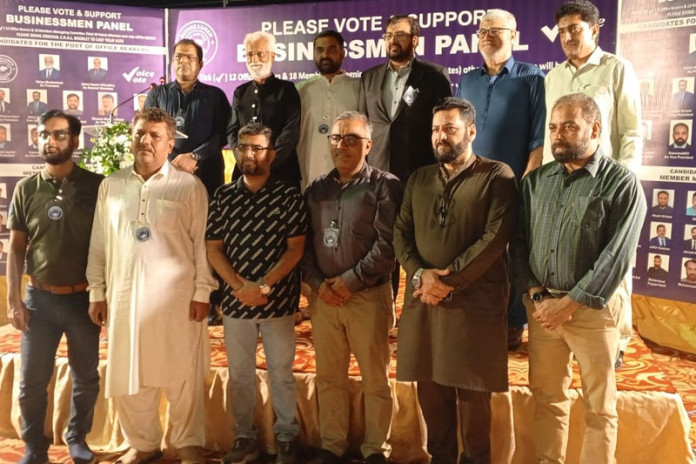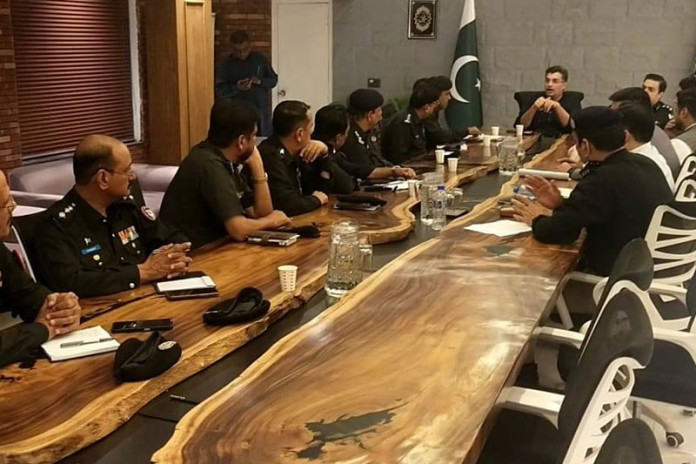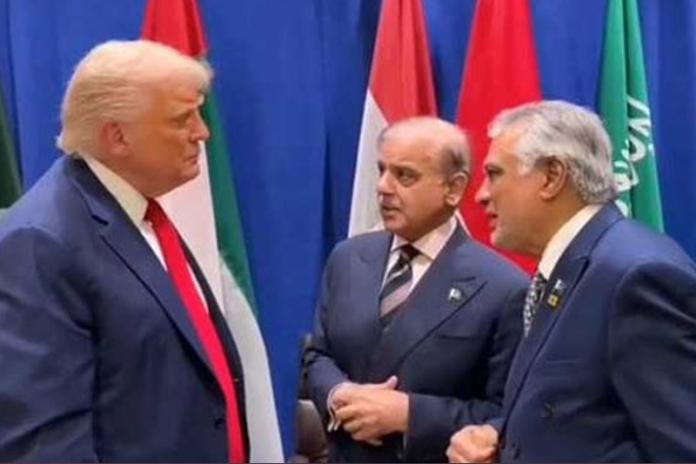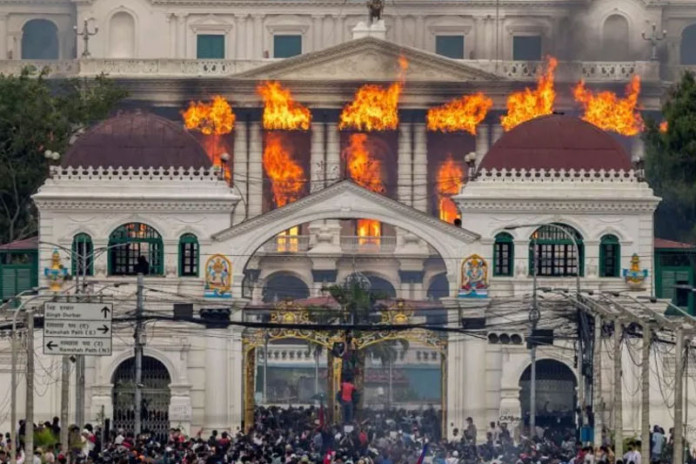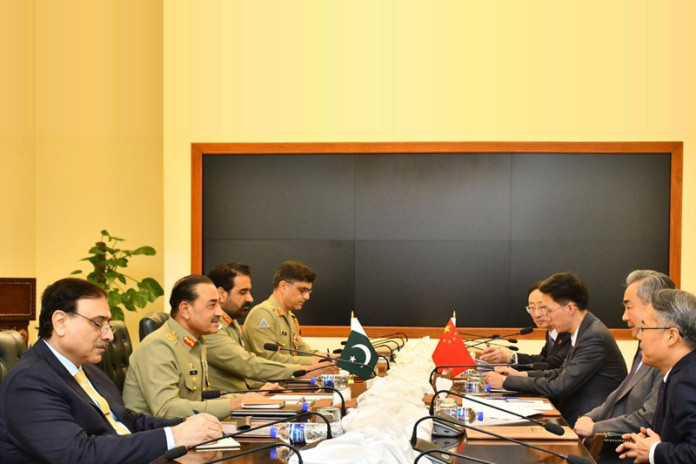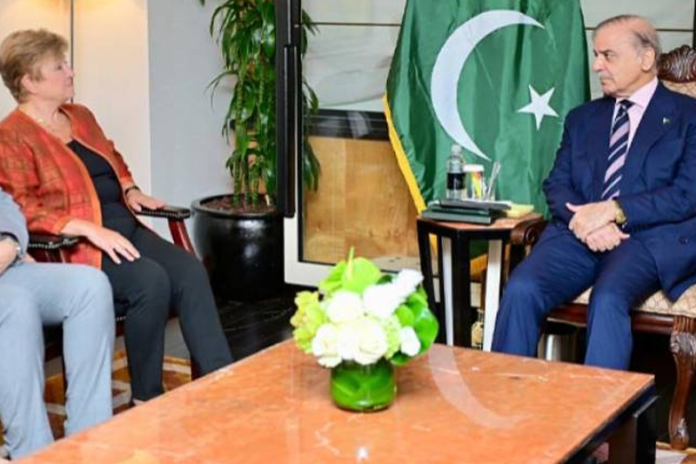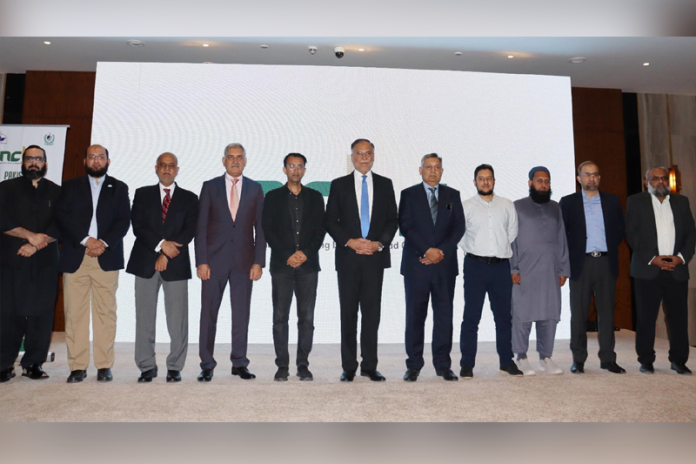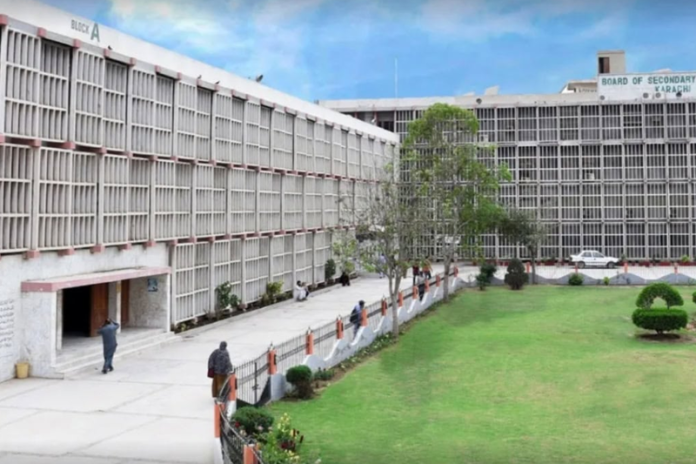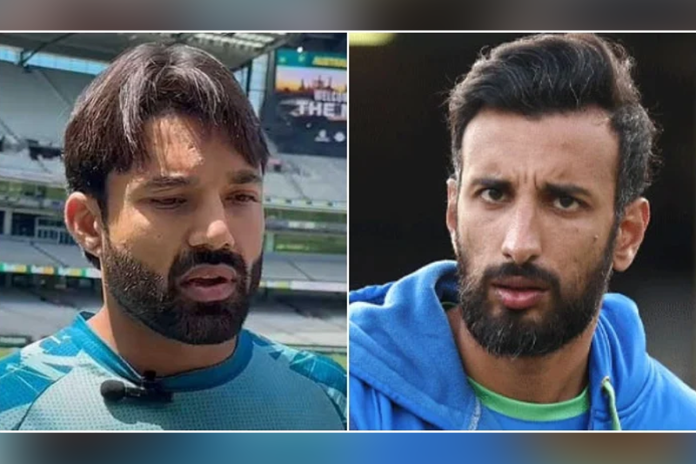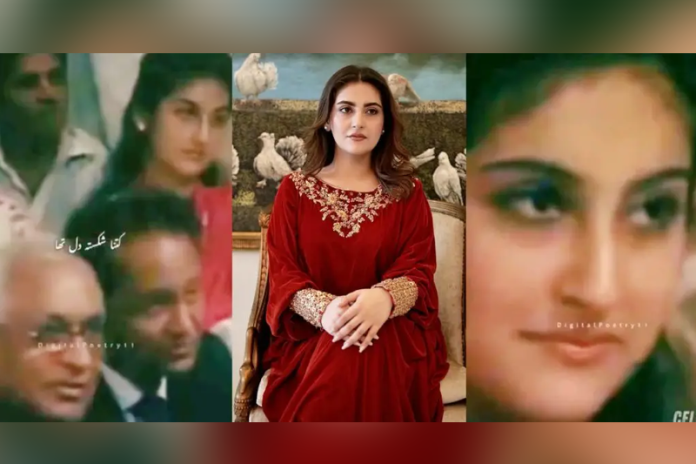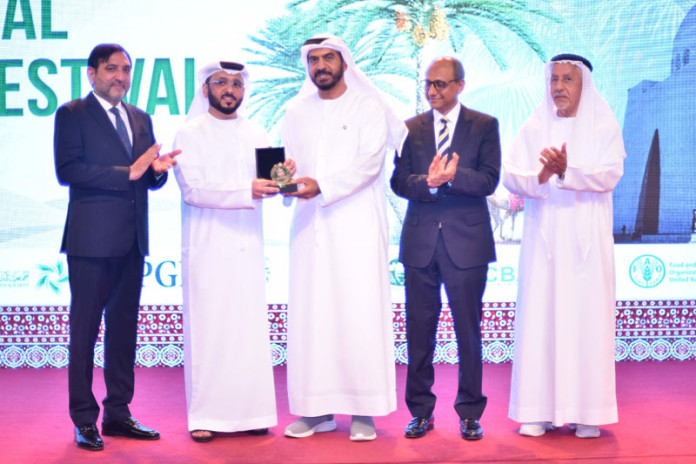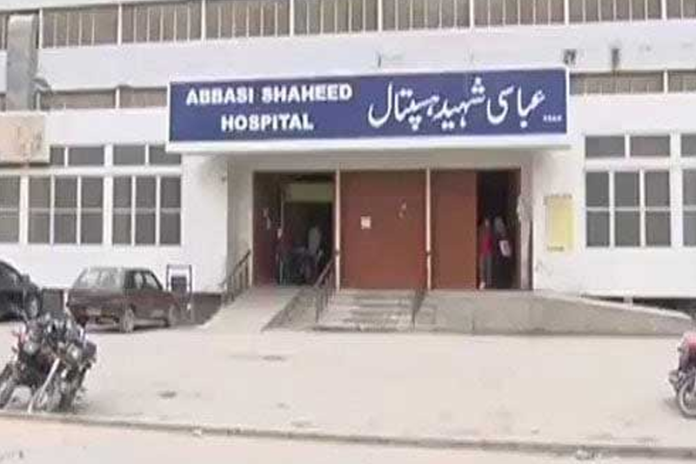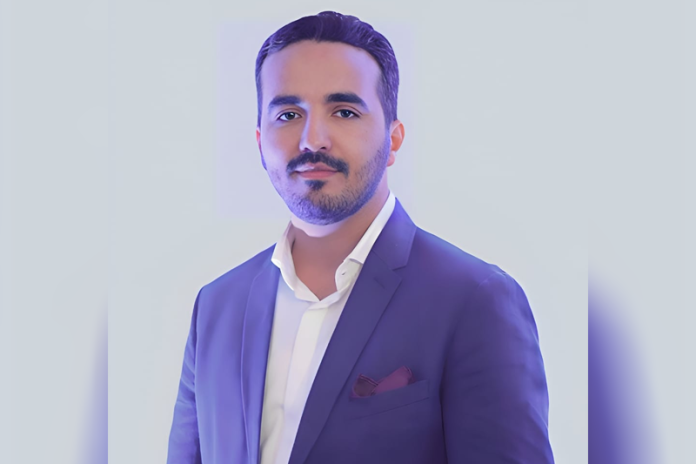Navigating the Complexities: Understanding the Current Situation in Rafah
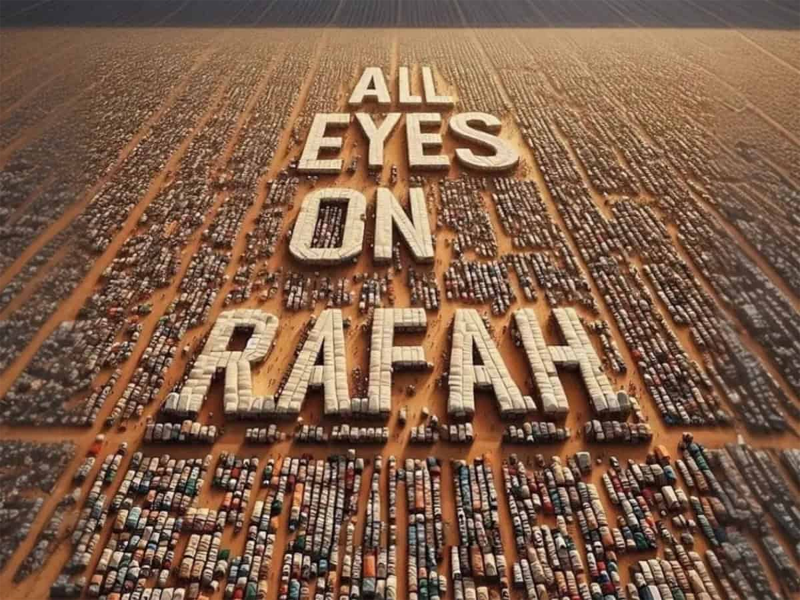
- 283
- 0
Rafah, a city located in the southern Gaza Strip, has long been at the center of geopolitical tensions, humanitarian crises, and the ongoing Israeli-Palestinian conflict.
Its strategic location bordering Egypt and Israel makes it a focal point for political, economic, and social dynamics that have profound implications for its residents and the broader region. Understanding the current situation in Rafah requires delving into its complex history, ongoing challenges, and aspirations for a peaceful and prosperous future. Historical Context: Rafah's history is deeply intertwined with the broader Palestinian struggle for self-determination and statehood. Prior to the establishment of Israel in 1948, Rafah was part of historic Palestine and served as a transit point between Egypt and the Gaza Strip. However, following the Arab-Israeli war of 1948 and subsequent conflicts, Rafah became divided between Gaza and Egypt, with the Gaza-Egypt border controlled by Israel after the Six-Day War in 1967.
Geopolitical Dynamics: The geopolitical dynamics surrounding Rafah are shaped by multiple actors, including Israel, Egypt, Hamas, and various Palestinian factions. Israel's blockade of Gaza, imposed in 2007 after Hamas took control of the territory, has had devastating consequences for Rafah's residents, restricting the flow of goods, services, and people in and out of the enclave. Egypt's role in controlling the Rafah border crossing has also been a source of contention, with periodic closures exacerbating humanitarian conditions and limiting access to essential services. Humanitarian Challenges: The people of Rafah face myriad humanitarian challenges, including poverty, unemployment, food insecurity, and inadequate access to healthcare and education. The blockade has crippled Gaza's economy, leading to widespread deprivation and dependence on international aid. In addition, periodic outbreaks of violence and military escalations between Hamas and Israel have exacted a heavy toll on Rafah's civilian population, resulting in casualties, displacement, and psychological trauma. Hope for the Future: Despite the myriad challenges facing Rafah, there is still hope for a better future. Civil society organizations, international agencies, and grassroots initiatives are working tirelessly to alleviate suffering, promote resilience, and foster community empowerment. Efforts to rebuild infrastructure, create economic opportunities, and enhance access to education and healthcare are crucial for improving the quality of life for Rafah's residents and laying the groundwork for lasting peace and stability.
Calls for Action: Addressing the root causes of the crisis in Rafah requires a concerted effort by the international community to uphold the principles of justice, human rights, and international law. This includes lifting the blockade on Gaza, ending military aggression, and advancing a just and comprehensive resolution to the Israeli-Palestinian conflict based on the principles of equality, self-determination, and mutual respect. Furthermore, meaningful engagement with local stakeholders and marginalized communities is essential for building trust, fostering dialogue, and promoting inclusive development. The current situation in Rafah is emblematic of the broader challenges facing the Palestinian people and the urgent need for a just and durable solution to the Israeli-Palestinian conflict. By addressing the root causes of the crisis, promoting human dignity, and advancing the aspirations of all stakeholders, we can create a future where the people of Rafah and Gaza can live in peace, prosperity, and dignity. It is incumbent upon the international community to stand in solidarity with Rafah's residents and work towards a future where their rights and aspirations are respected and fulfilled.

